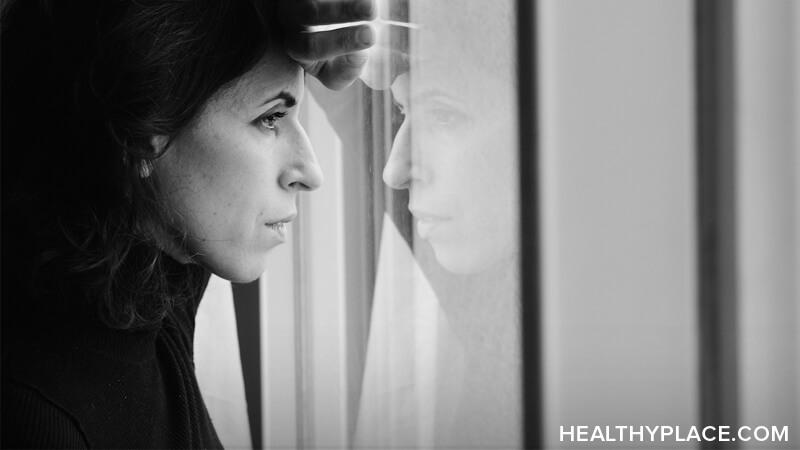Eating Disorder Deaths: Eating Disorders Are Slow Suicides

Eating disorder deaths can be compared to a slow suicide. It often goes without saying, there are severe physical and psychological effects associated with an eating disorder—but are you aware that every 62 minutes, a person dies from the complications of an eating disorder? This makes an eating disorder the deadliest of any mental illness on record.1 The reason that an eating disorder is so harmful and potentially fatal is that it impacts both the sufferer's mind and body. If untreated, this destructive combination can turn an eating disorder into a tortuous and slow suicide attempt.
The Physical Link Between Eating Disorder Deaths and Suicide
Eating disorder death is prominent in anorexia and bulimia. Both types of eating disorders come with their own physical ramifications, some of which might become lethal over time. Anorexia, for instance, starves the body of the nutrients and calories it needs for basic functioning. In extreme cases, this can result in osteoporosis, liver and kidney disease, or a weakened heart muscle which intensifies the risk of cardiovascular failure. If you struggle with anorexia, it's crucial to recognize that any of these symptoms can lead to a premature death.
Although bulimia presents differently than anorexia, this eating disorder has fatal consequences too. The relentless cycle of binging and purging causes strain on the kidneys, esophagus, and intestines which can prompt both electrolyte abnormalities and severe dehydration. When these imbalances occur, the threats of organ shutdown and cardiac arrest become exacerbated. While the behaviors of anorexia and bulimia are distinct, they can induce the same tragic outcome—a slow suicide that could have been prevented.
The Psychological Link Between an Eating Disorder Deaths and Suicide
An estimated 50 percent of eating disorder sufferers also grapple with comorbid anxiety or depression which could manifest as substance abuse, obsessive-compulsive disorder, or different kinds of phobias, for example.2 On their own, these psychological issues often result in suicidal ideation, but the danger increases acutely when combined with an eating disorder. The deeper you regress into the chokehold of an eating disorder, the more reckless, desperate, isolated, or hopeless you will become. When these emotions are aggravated by depression and anxiety, that intense level of suffering can persuade you to assume there is no escape from the inner torment you're experiencing. If allowed to take root, this distorted—but powerful and convincing—belief can trigger a suicide attempt.
Although your eating disorder probably didn't begin with death as the ultimate endgame, the reality is that, if ignored and unaddressed, the behaviors will regress into a slow suicide. The pain of this disease can feel incurable and consuming, but hope exists in both treatment and recovery. The mind and body repercussions can be fatal, but healing is not beyond reach. Moreover, life without an eating disorder is not just an abstract conception—it's an open invitation.
If you feel you may hurt yourself or someone else, call 9-1-1 immediately.
If you need help with distressing thoughts (including suicidal thoughts), call the National Suicide Prevention Lifeline at 1-800-273-8255
For more information on suicide, please see our suicide resources here.
Sources
- Smink, F.R. "Epidemiology of Eating Disorders: Incidence, Prevalence and Mortality Rates." Current Psychiatry Report. 14 August 2012.
- Ulfvebrand, S. "Psychiatric Comorbity in Women and Men with Eating Disorders Results from a Large Clinical Database." Psychiatry Research. 15 September 2015.
APA Reference
Schurrer, M.
(2018, September 5). Eating Disorder Deaths: Eating Disorders Are Slow Suicides, HealthyPlace. Retrieved
on 2026, January 21 from https://www.healthyplace.com/blogs/survivinged/2018/9/eating-disorder-deaths-eating-disorders-are-slow-suicides